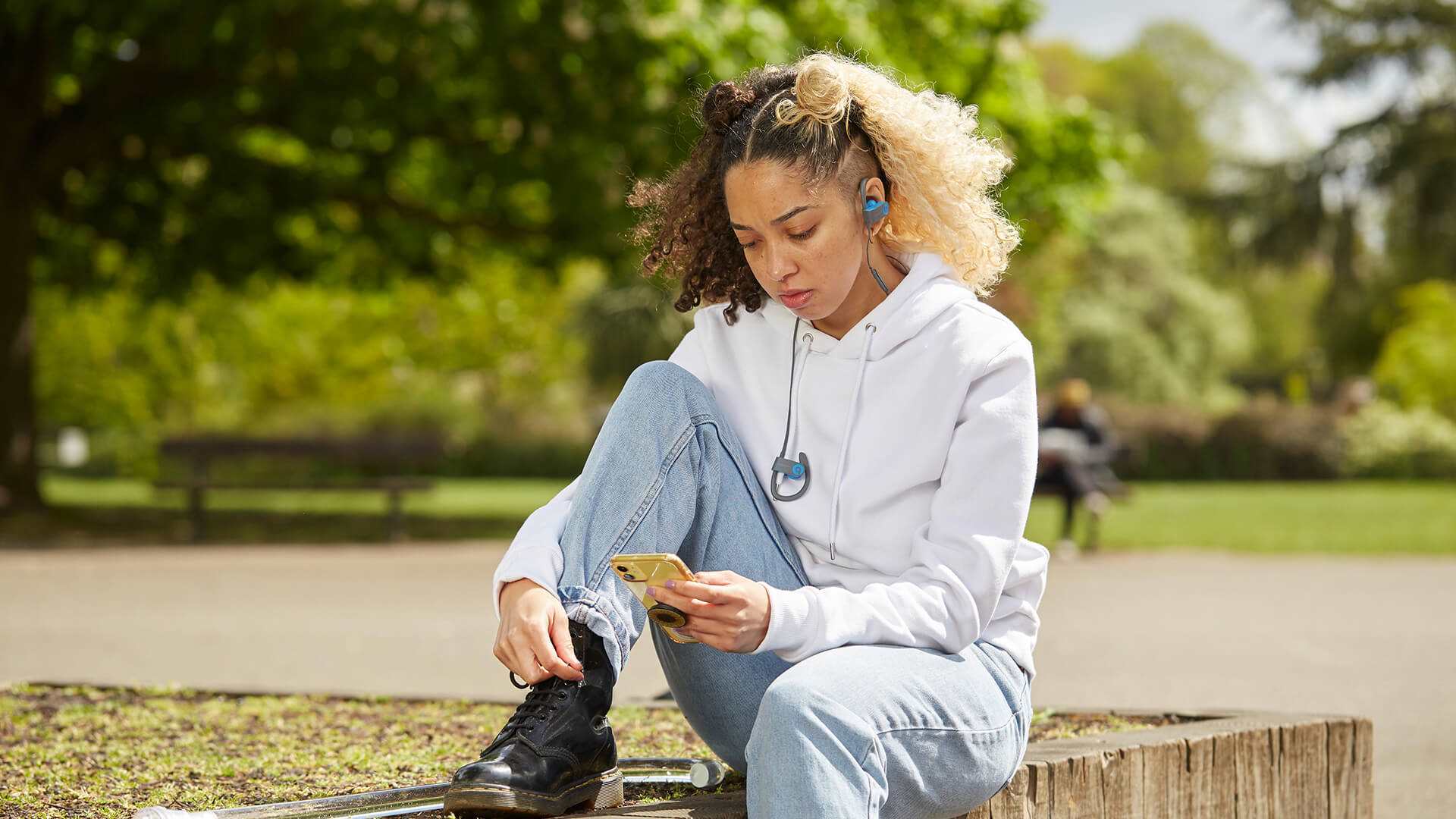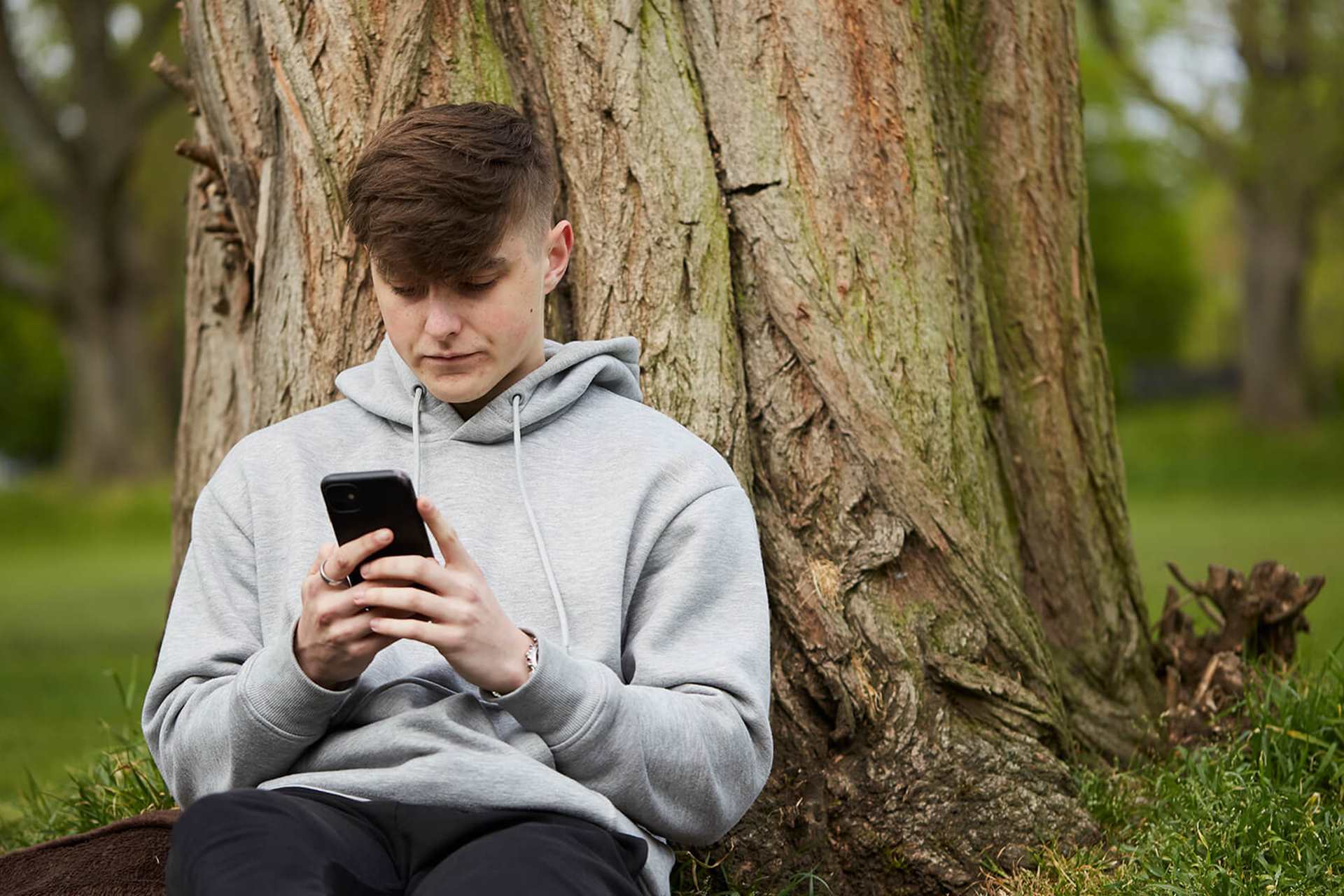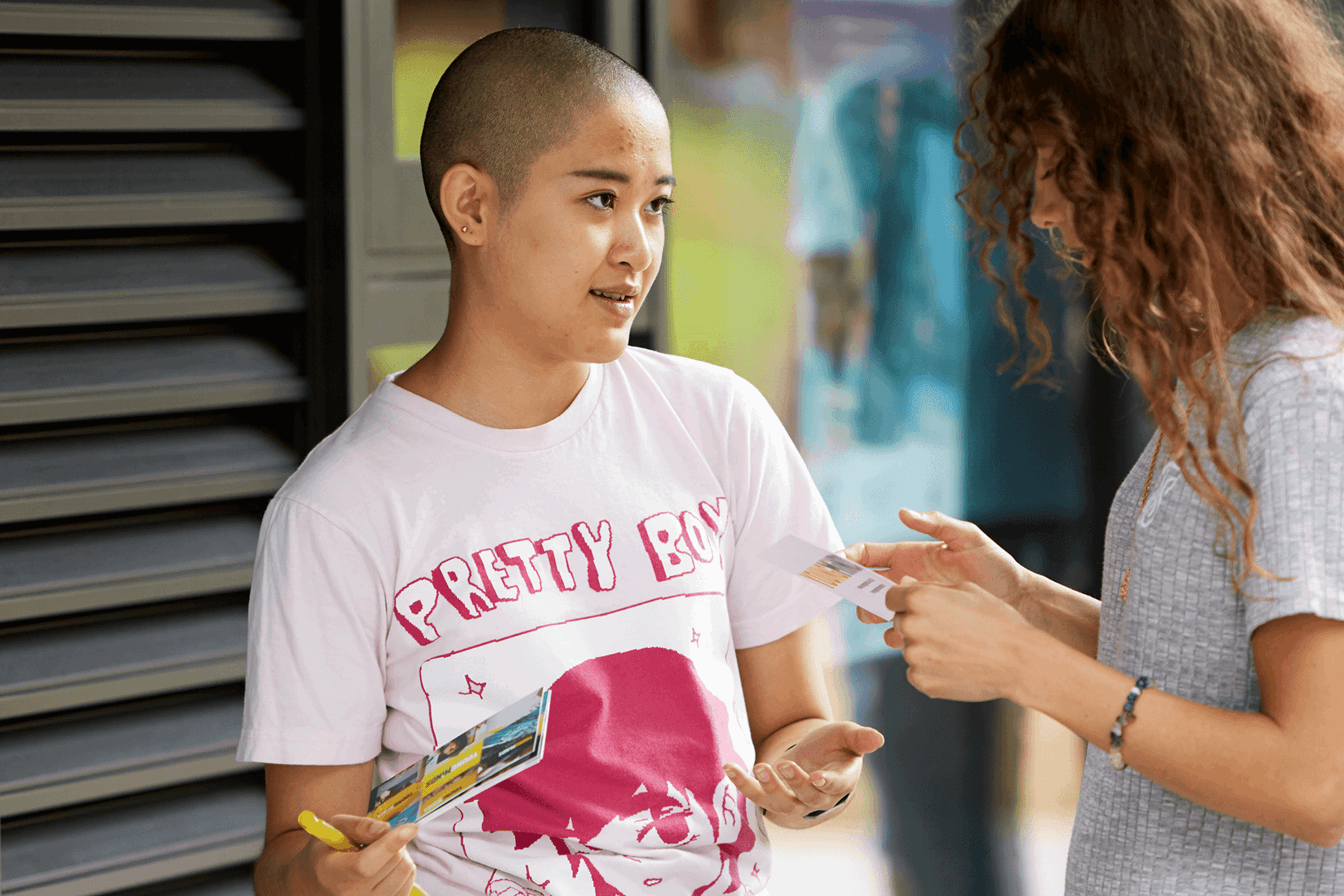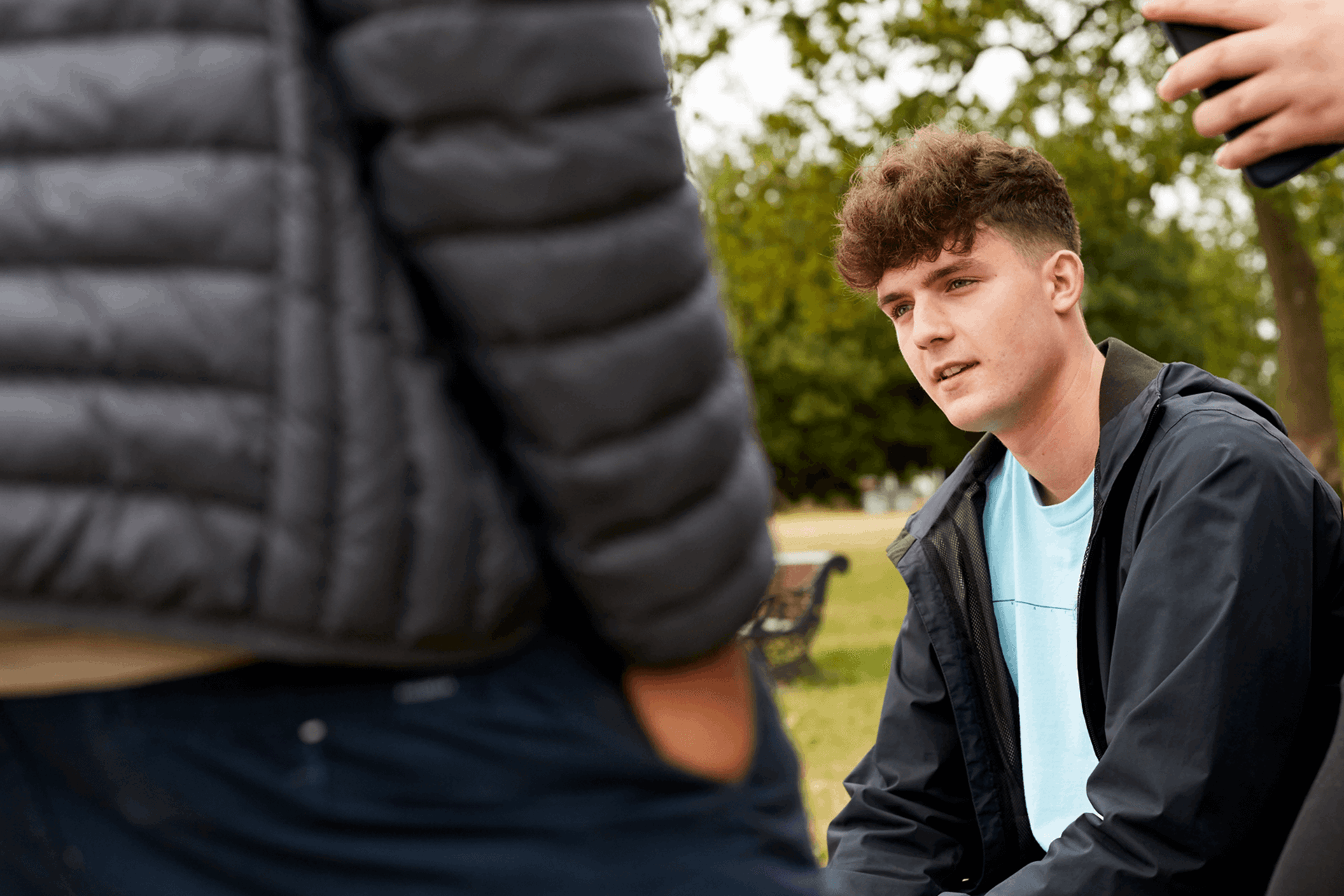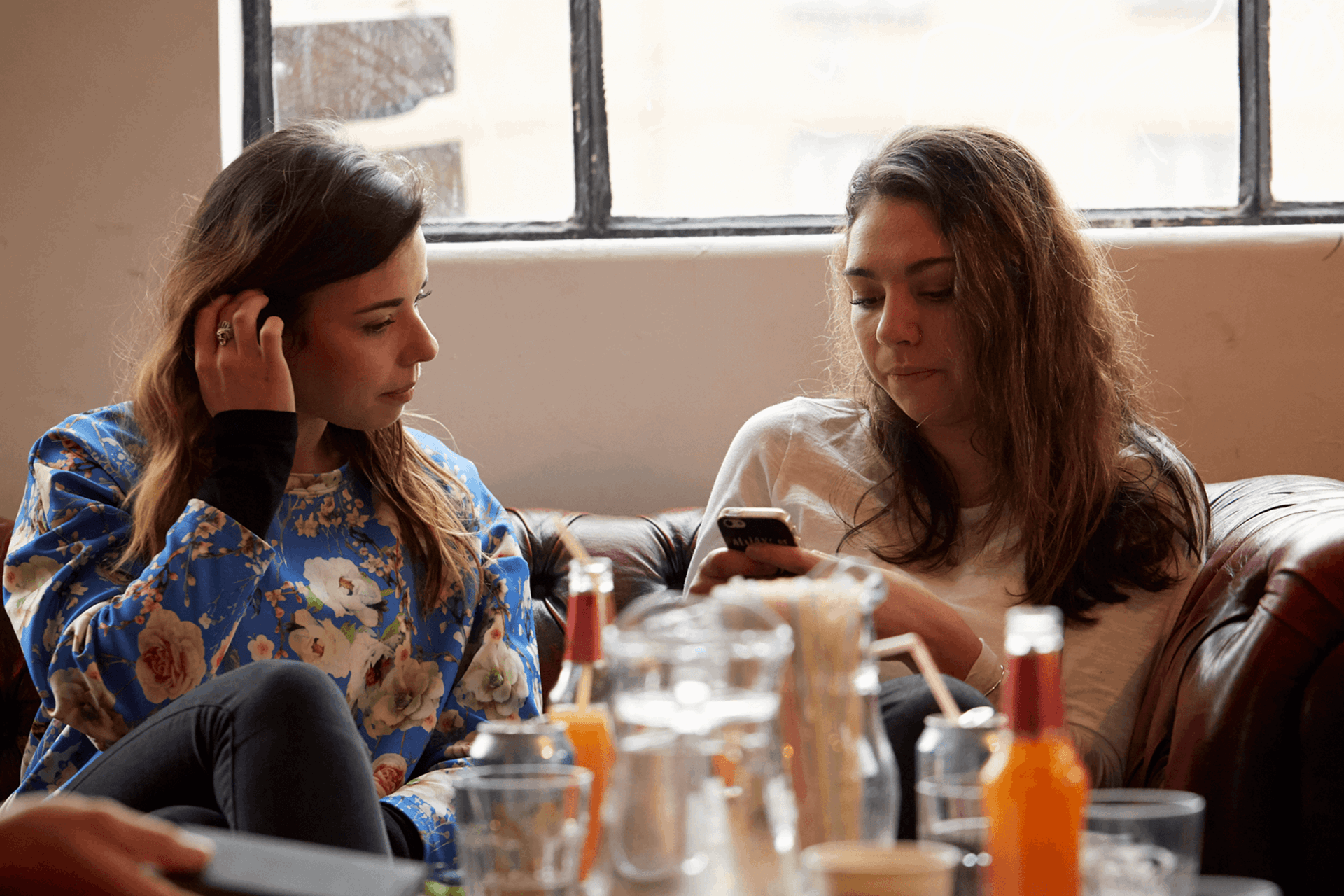Topics mentioned: medications, anorexia, inpatient care
About: Elizabeth shares how starting medication was initially daunting, but how much it helped her recovery when she was a hospital inpatient for anorexia.
Everybody responds to medication differently. This blog only represents the author's experience. For more information, have a look at our medication pages. For medical advice, always speak to your doctor.
I feel that the two medications worked together to make managing my diet and social life less anxiety-provoking than it seemed in my head.
When I started taking olanzapine, I was 16 and I was in an inpatient ward for anorexia.
I took it even though I felt like there were negative connotations surrounding the drug because it is an 'anti-psychotic' medication. I was terrified by the idea that it would cause an increase in appetite leading to possible weight gain, and was also worried about the sedative effects.
I was prescribed olanzapine to help with the distress I was experiencing at being fed against my will. I was told that it would help my thought processes and calm me down.
The difference I felt only hours after taking it was immense - it certainly calmed me down in a sense. Every day - even after a full night of undisturbed sleep - I slept from around 9am until 5pm, only waking for meal times. I began to feel that I was only taking it so I would not be as much of a burden to those around me, and I was easier to manage as I lacked the energy to cause as much of a problem.
I began to feel that I was only taking it so I would not be as much of a burden to those around me.
I soon realised that my anxiety around meal times and being fed was significantly lower and my ability to accept my nutritional requirements was much better. It made the process of gaining weight far less stressful than it had been previously.
The time I spent awake was spent engaging in different therapies, which also played a big role in my recovery. Eventually I had progressed to a state where I was no longer detained, nearing a safe weight (which had not sky-rocketed like I was told could happen) and I was managing my diet both on the ward and at home.
I was also prescribed sertraline around this time, which helped a lot with my low mood and social-related anxiety. I felt a lot less pressure in taking this and I fully embraced why it was needed. I feel that the two medications worked together to make managing my diet and social life less anxiety-provoking than it seemed in my head.
I feel that the two medications worked together to make managing my diet and social life less anxiety-provoking.
When I was taken off olanzapine, I felt that I no longer needed it because it was unlikely that I would need the responsibility of managing my diet taken out of my hands. Also, I felt I could manage my issues with food and body image myself, as they were at a normal level for someone in recovery for an eating disorder.
Upon stopping olanzapine, I struggled to sleep. But after a couple of weeks, my sleeping pattern returned to how it had been before I began the medication.
Overall, I had both a positive and negative experience with olanzapine. Although some of the side effects were tough, I acknowledge that they were better than the alternative. I feel as though the sertraline keeps my mood regulated, but perhaps not so much my anxiety – but that's just my experience.
Where to get help
-
Childline
If you’re under 19 you can confidentially call, chat online or email about any problem big or small.
Sign up for a free Childline locker (real name or email address not needed) to use their free 1-2-1 counsellor chat and email support service.
Can provide a BSL interpreter if you are deaf or hearing-impaired.
Hosts online message boards where you can share your experiences, have fun and get support from other young people in similar situations.
- Opening times:
- 24/7
-
Youth Access
Provides information about local counselling and advice services for young people aged 11-25.
Put in your location and what you need help with into their 'Find help' search, and see what services are available in your area.
